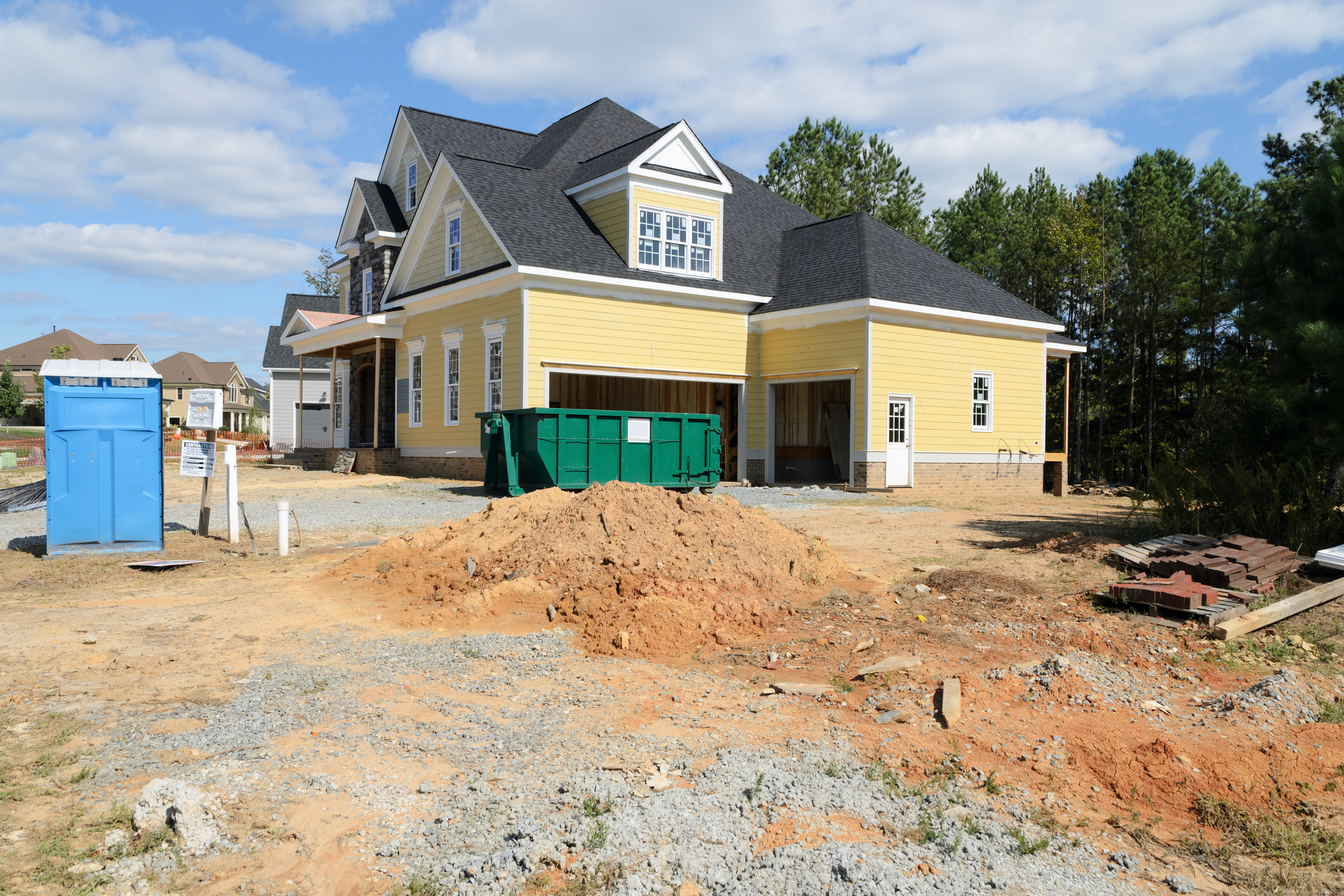TOMS RIVER, NJ – An ordinance introduced in Jackson to remedy the township’s civil rights lawsuits by the Department of Justice and Office of the Attorney General could have rippling effects in Ocean County. The law clearly defining where houses of worship can and cannot be built was met with mixed reactions at Tuesday’s council meeting.
Under the ordinance, shuls or homes used for religious prayer service would be permitted as conditional uses in most zones in the township, creating a three-tier system based on the size and activity levels of the shuls.
Shuls operate out of residential homes in many parts of Jackson Township and neighboring Toms River.
The ordinance intends to regulate shuls in Jackson, reversing a previous attempt by past public officials to outright ban them, which led to multiple civil, state, and federal lawsuits.
Members of the Orthodox Jewish community praised the ordinance at Tuesday’s meeting, thanking Mayor Michael Reina and the Township Council. Two residents at the meeting said they were not happy, claiming the town ‘lied’ to them about keeping religious centers out of residential neighborhoods.
The ordinance was drafted and defended by township attorney Gregory P. McGuckin, a Toms River assemblyman who also serves as head of the legal division under Toms River Mayor Maurice Hill.
The ordinance introduced in Jackson on Tuesday was said to be a blueprint for other townships to follow, specifically in Toms River, but Toms River officials are facing a different challenge in their attempt to lessen restrictions on shuls.
Today, a spokesman for Mayor Mo Hill said the township does not intend to introduce the McGuckin-drafted legislation in their town.
Instead, community representatives in Toms River have indicated they want to have the township modify the township code to exempt certain portions of houses of worship square footage from circumventing the CAFRA requirements mandated by the state of New Jersey.
Under CAFRA, any reconstruction, conversion, alteration, or modification of structures larger than 5,000 square feet regulated by the Coastal Area Facilities Review Act must seek state approvals.
The plan proposed in Toms River would seek to exempt non-worship space in those converted homes and building from being factored in. For instance, if a 5,500-square-foot home were to be turned into a shul, it would require state approvals.
Under the plan presented to Mayor Hill, non-congregational spaces such as bathrooms, kitchens, storage areas, and space not used directly for the purpose of prayer or religious services would not be counted in the structure’s overall square footage.
That 5,500-square-foot home could be viewed under CAFRA as a 4,500-square-foot home after the deductions.
Multiple reliable sources have confirmed Mayor Maurice Hill has had discussions with leaders of the Orthodox Jewish community regarding further modifying the township’s house of worship code.

